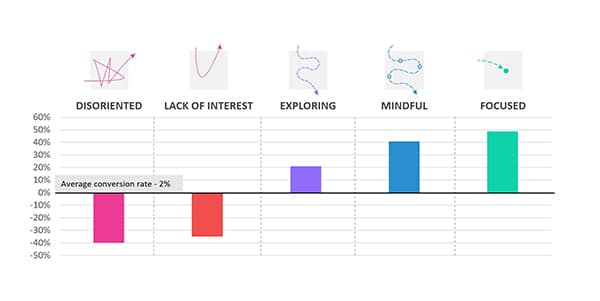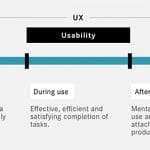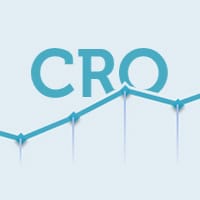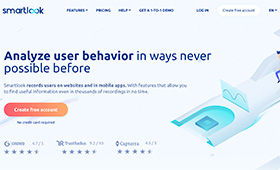Why Marketers Should Focus on Experiences Instead of Conversion
Albert Einstein once said: “The only source of knowledge is experience.” This statement rings true to many aspects of life, but it is particularly true when speaking about website analytics and conversion rates. We can improve the customer experience on our websites and gain loyal, more profitable customers.
That’s something we can achieve if we stop focusing solely on conversions and start concentrating our efforts on:
- Measuring and analysing user experiences
- Understanding user mindsets and how these impact their interactions with our websites
- Acting accordingly to improve these interactions
Let’s take a closer look why customer experience is where we should be redirecting our analytical eye, instead of conversion rates, alone.
But first…
What is an “experience”?
In basic terms, an “experience” is the interaction between a person and a stimulus. But on a deeper level, a “single” experience is actually made up of many smaller experiences (or “micro-experiences”). We usually only remember a small number of micro-experiences:
- The last micro-experience, which is usually the strongest
- The micro-experiences that provide the most emotional intensity
These micro-experiences are what help us formulate our memory of an overall experience.
When users remember a good experience, they are more likely to return to buy on our sites again in the future. Thus, it is crucial that users have as many emotionally pleasing micro-experiences on our sites as possible, especially the last interaction.
Now that we know what an experience is, what makes it so much more important to measure for our bottom line than conversion rates?
Conversions paint a narrow picture
When we attempt to use conversions to evaluate customer satisfaction, the results are inaccurate. A conversion represents a single point along a customer’s journey, and a very black and white one, at that. What does a conversion tell us about how a customer feels towards our business, overall? Very little.

What about the other 97%?
To help clarify this point, here’s a personal example: For my birthday a couple years ago, my parents wanted to buy me a DSLR camera of my choice. We found a camera store website offering a huge selection of top brands and detailed comparisons. We perused the site and found a camera that suited their budget and my technical requirements. Although we could have bought it online, we preferred to go to the store to see it in person, first.
That weekend we went to the store and made the purchase. While there was no actual online conversion, we had a positive experience and a good feeling about the store.
On the flip side, one year later, I needed a new lens and went immediately to the store’s site. I quickly found the lens, and tried to complete the purchase online. I could not, however, figure out how to checkout. By the time I did, I was on the verge of taking my business elsewhere due to the user experience friction. But, to not waste any more time, I completed the purchase anyway, vowing never to use their online store again.
In this case, I did convert online, but I was completely dissatisfied with the experience.
You probably get the picture – conversion rates do not equal customer experience, and therefore do not indicate how well a website performs on a larger scale.
Focusing on customer experience affects conversion
Our main goal as marketers should be improving the experiences of our visitors, and the higher conversion rates will follow as a result.
Measuring experiences gives us deeper insights into how our customers are feeling as they are browsing, across multiple touch points and in real-time. Users express their sentiment towards our sites (and specific pages in our sites) through their digital body language, which is based on user mindsets:
- Disoriented – Has a clear goal but can’t accomplish it.
- Lack of Interest – Has no interest or insufficient motivation to continue exploring the site.
- Exploring – Briefly scans the page and displays minimal involvement.
- Mindful – Displays high degrees of interaction and engagement with page elements.
- Focused – Is goal oriented, and knows what he/she wants and how to get it.

How the mindsets correlate with conversion.
Two people may be exposed to the same stimuli on our sites, but they could have completely different overall experiences. Therefore, they would display differing digital body language signals. By applying advanced psychological modeling and monitoring techniques with an experience analytics solution, we can follow and analyse this digital body language, infer user mindsets, and respond accordingly in real-time. Doing so will have a direct, positive impact on conversion rates and customer loyalty.
Fine-tuning your website experience
It is time to start thinking about customer experience and not about whether shoppers did or did not convert. Analyzing digital body language, understanding user mindsets and giving customers personalised journeys through your website is more effective in helping you achieve your bottom line.







No responses yet to “Why Marketers Should Focus on Experiences Instead of Conversion”